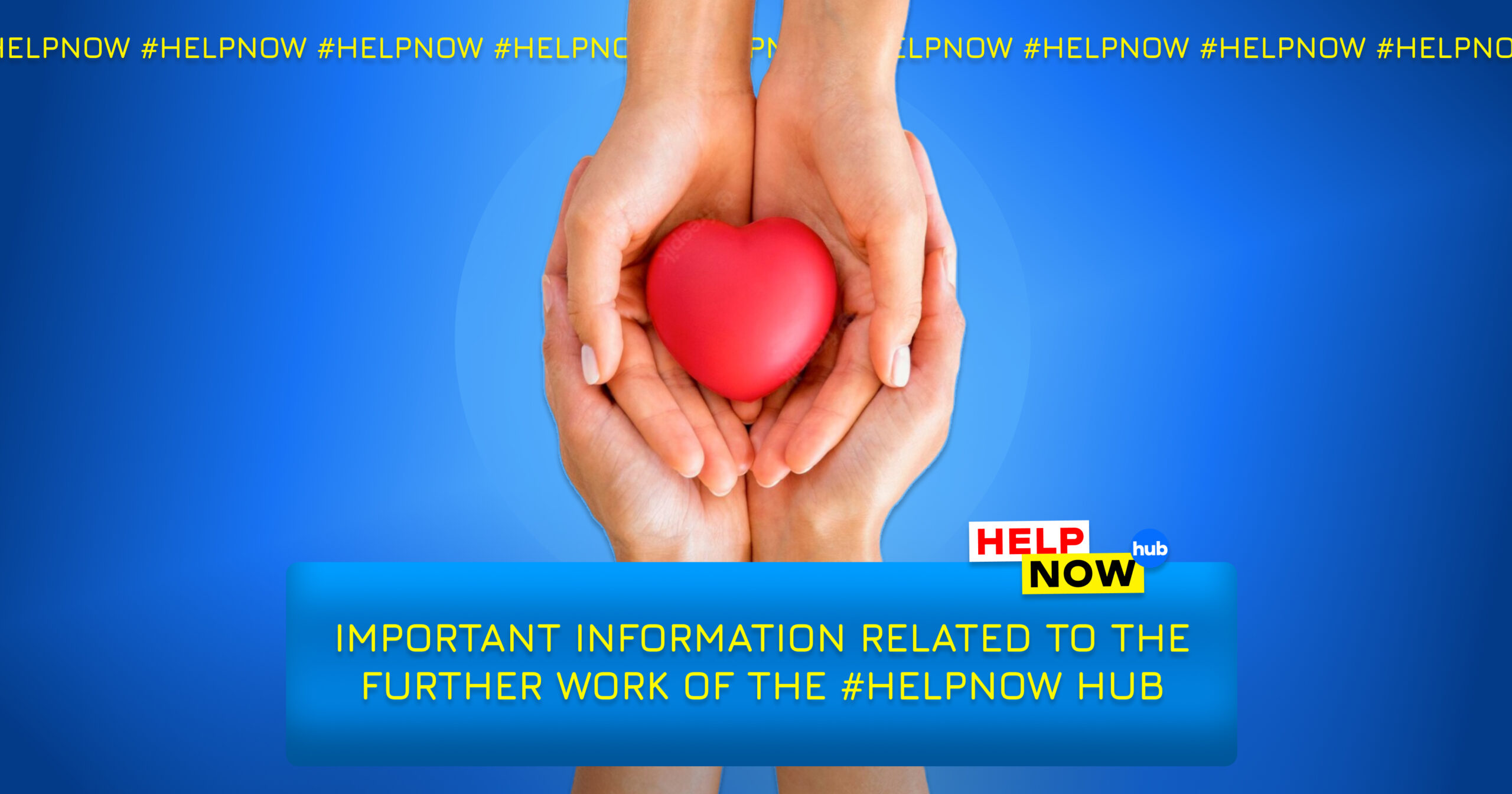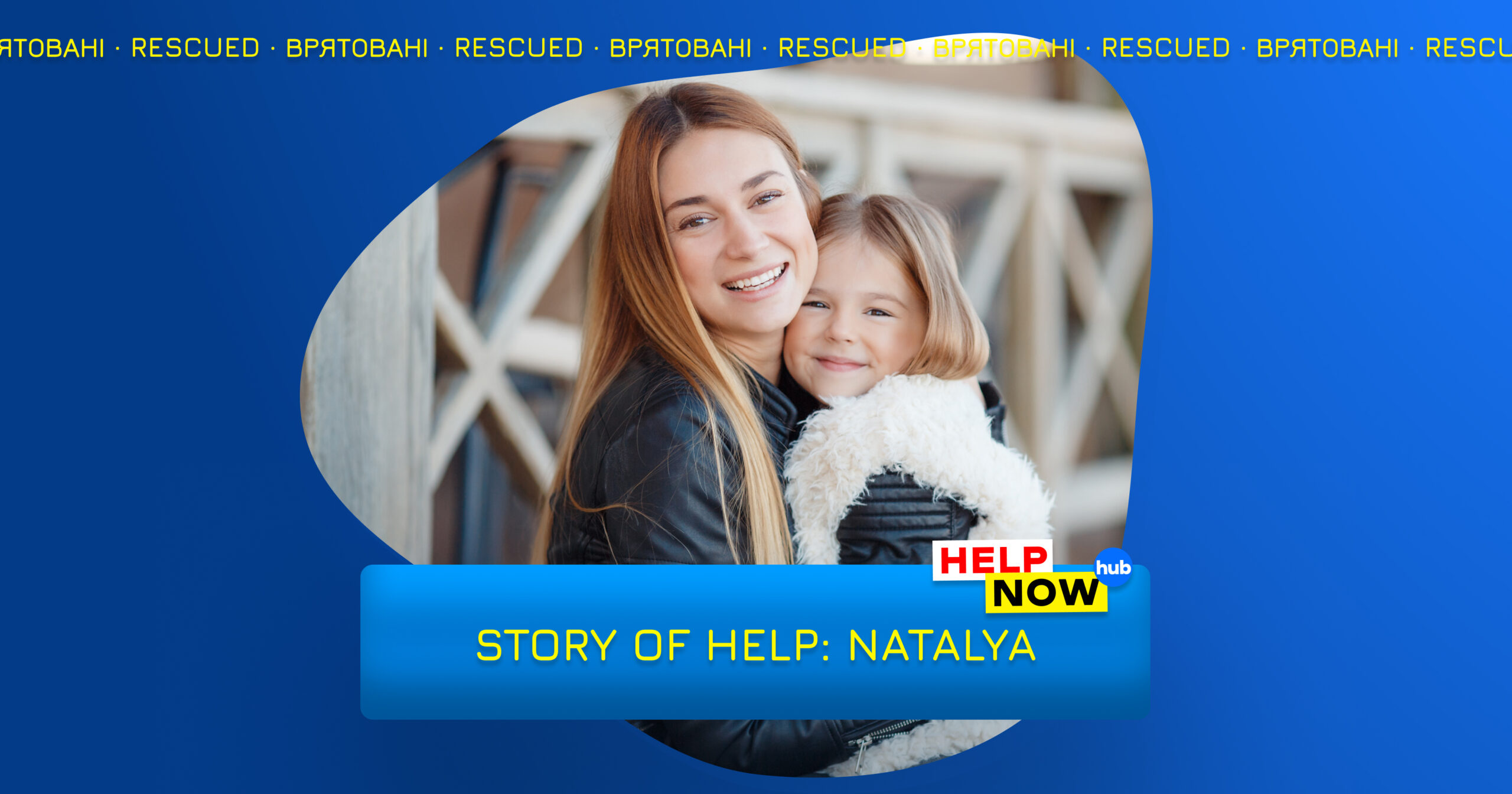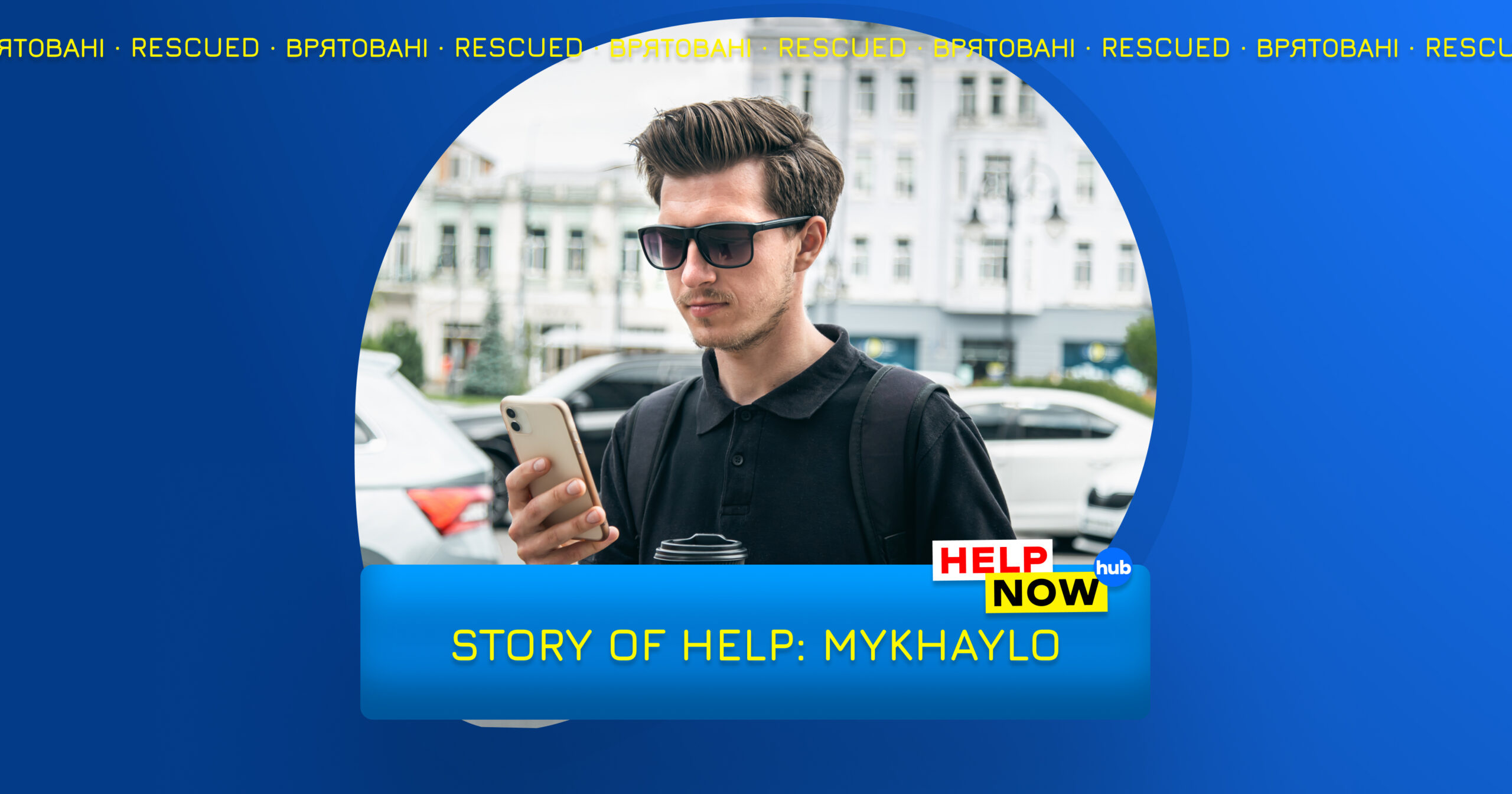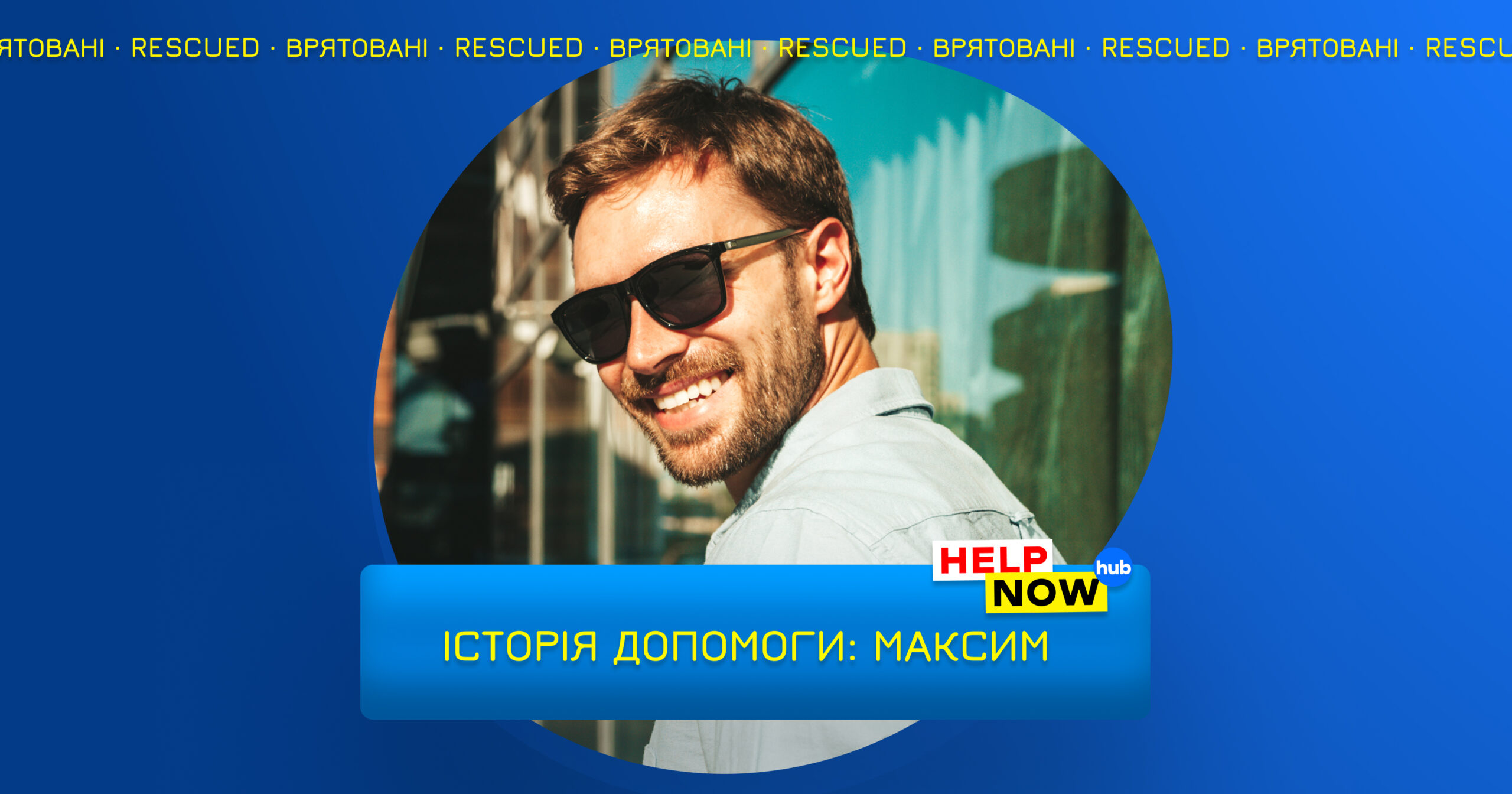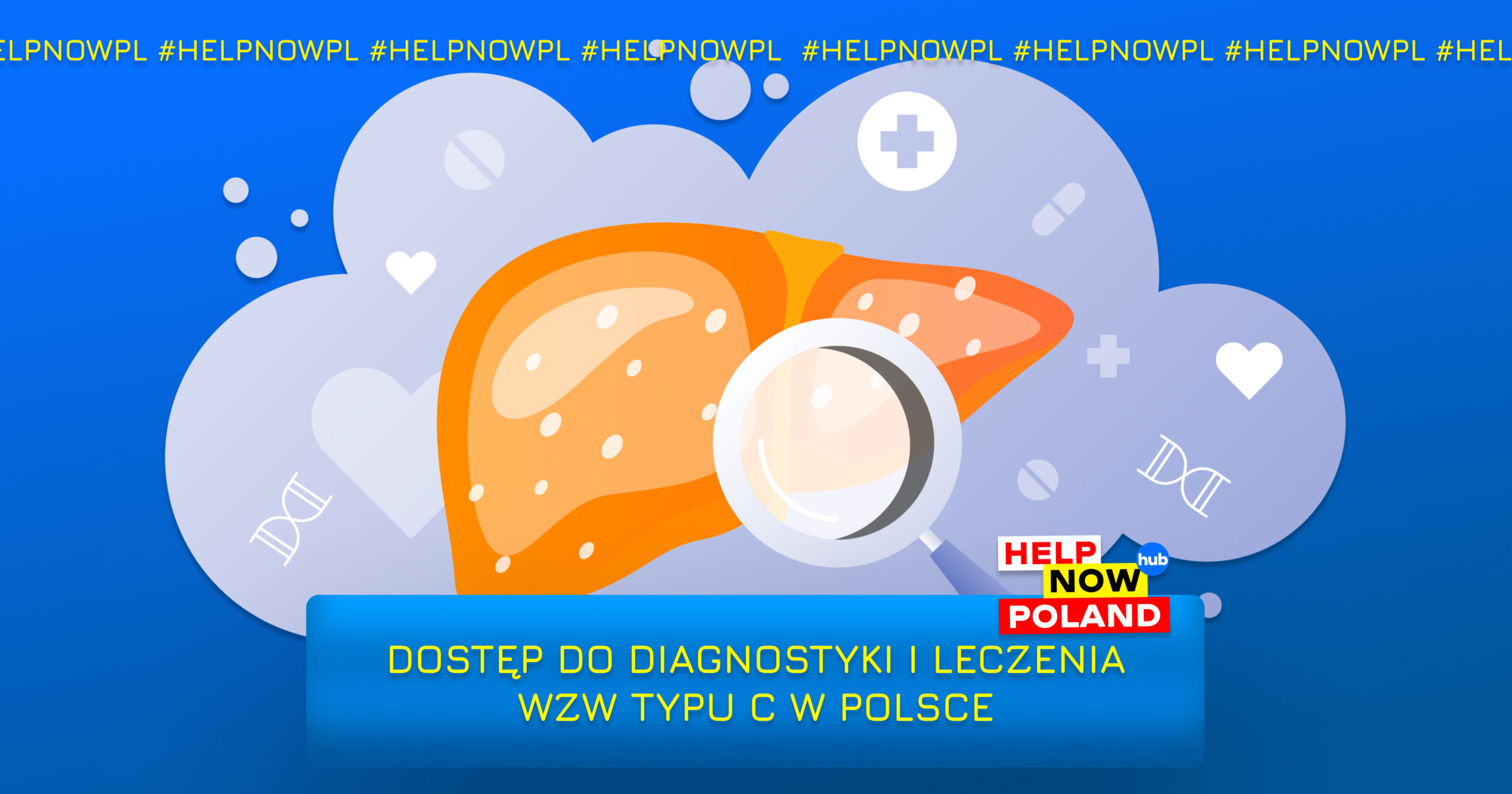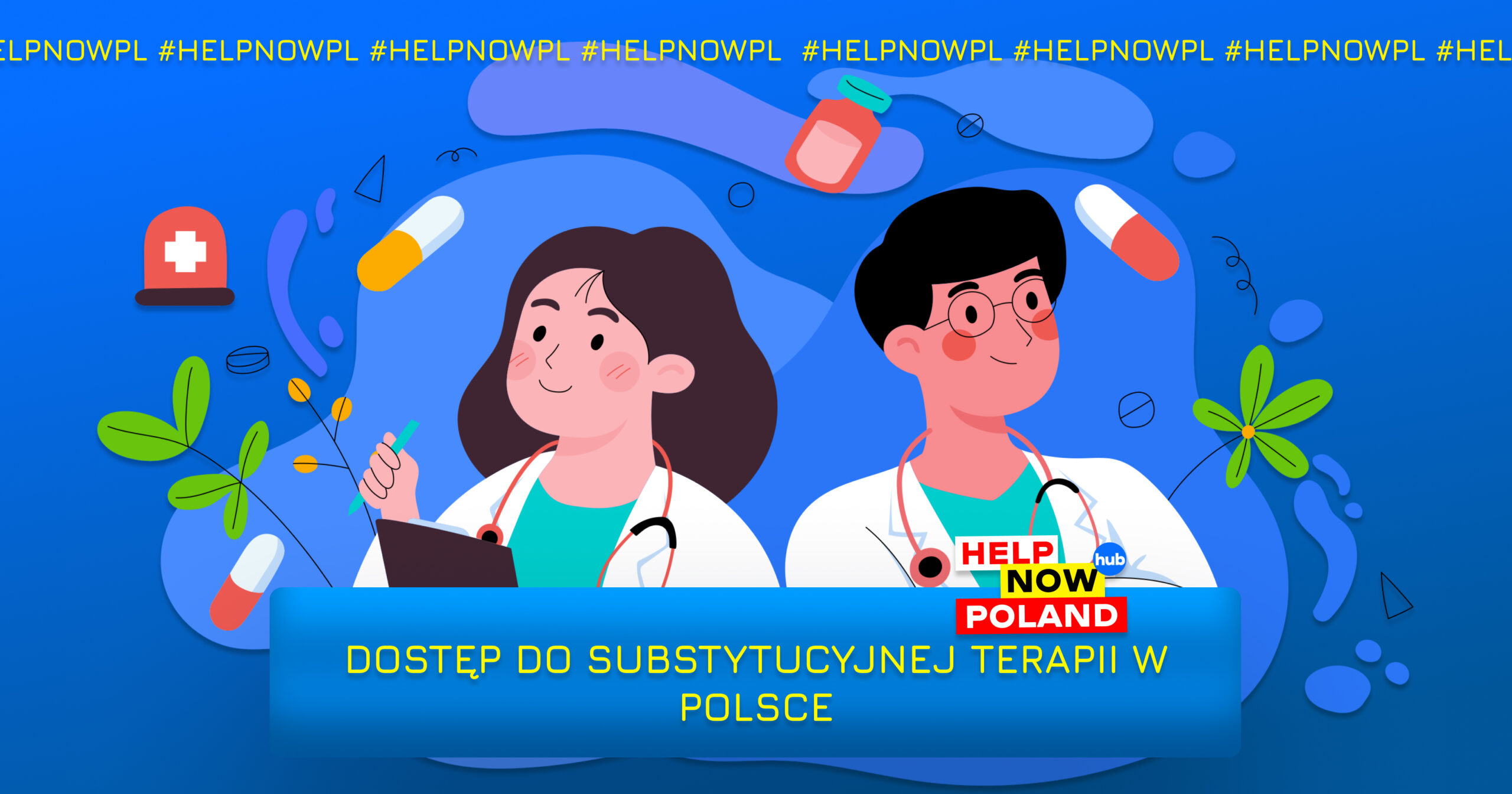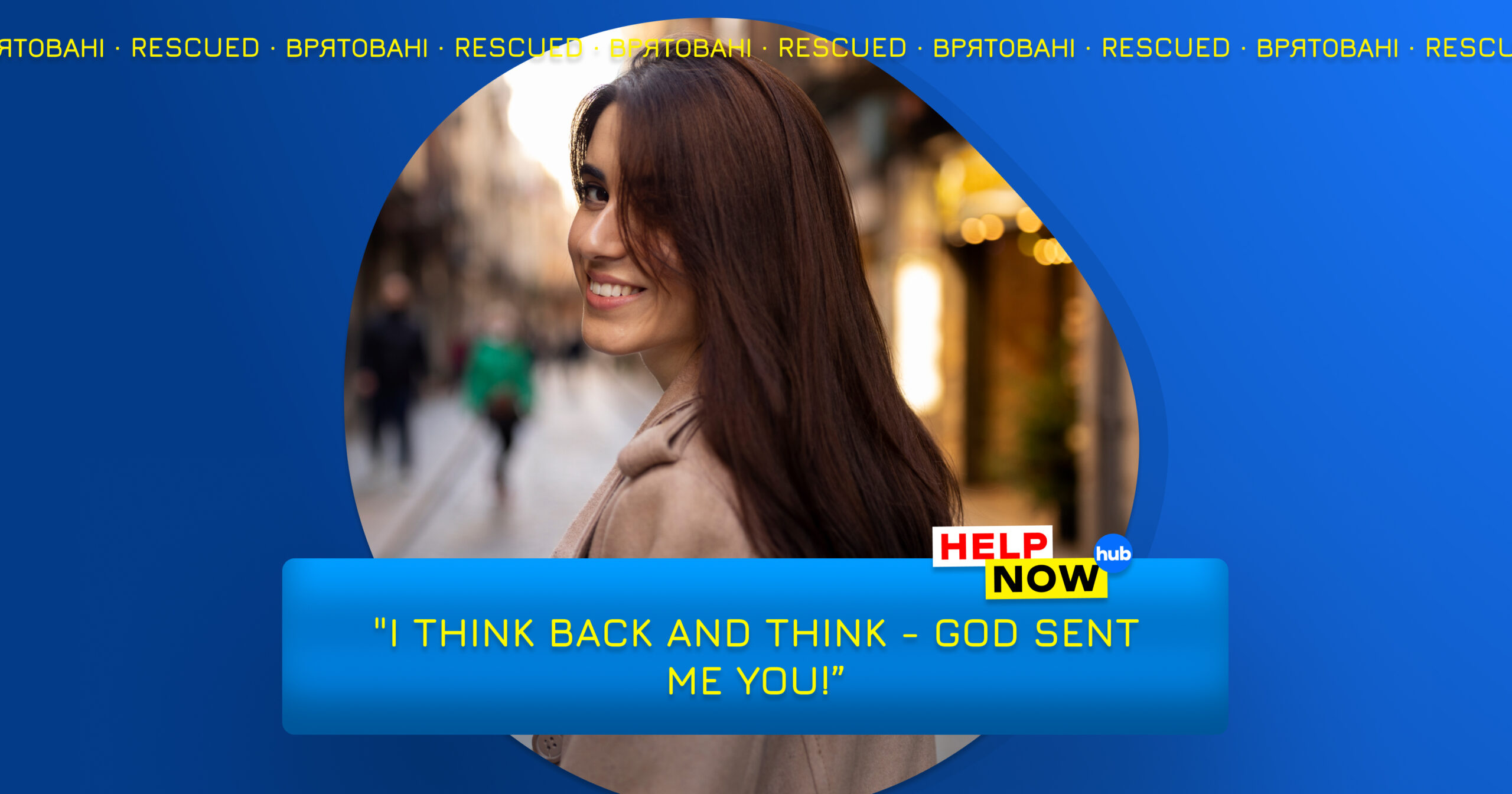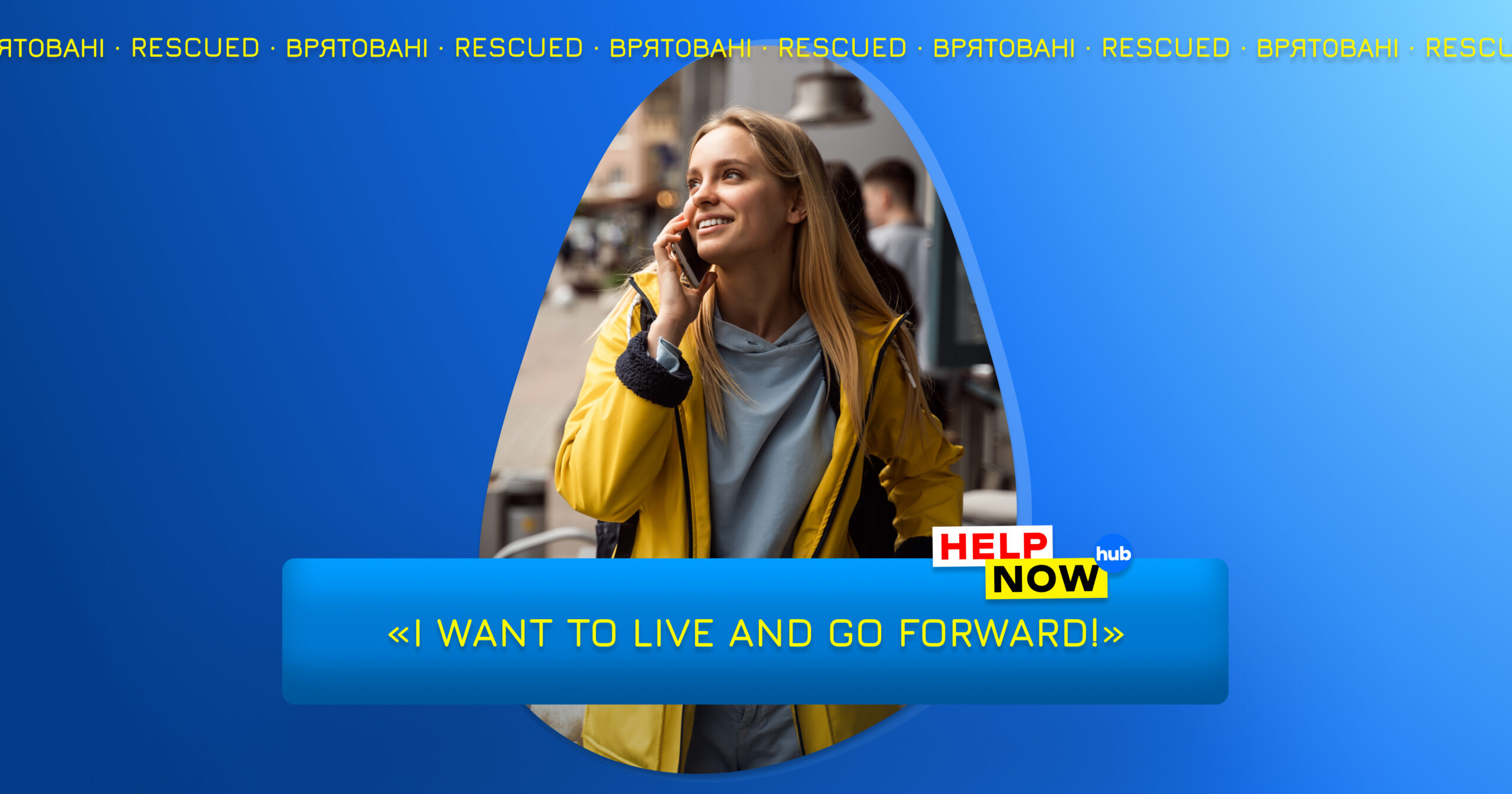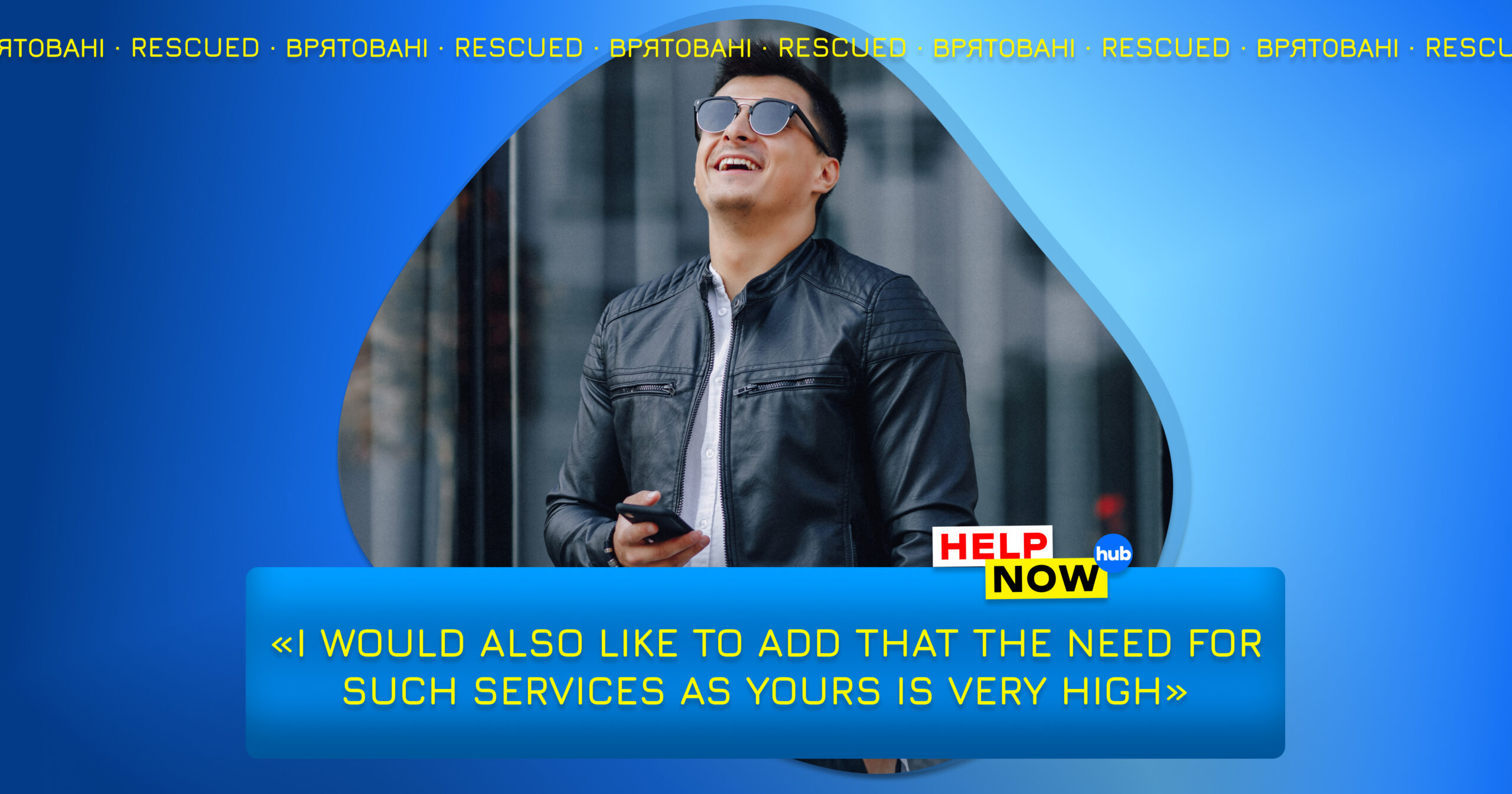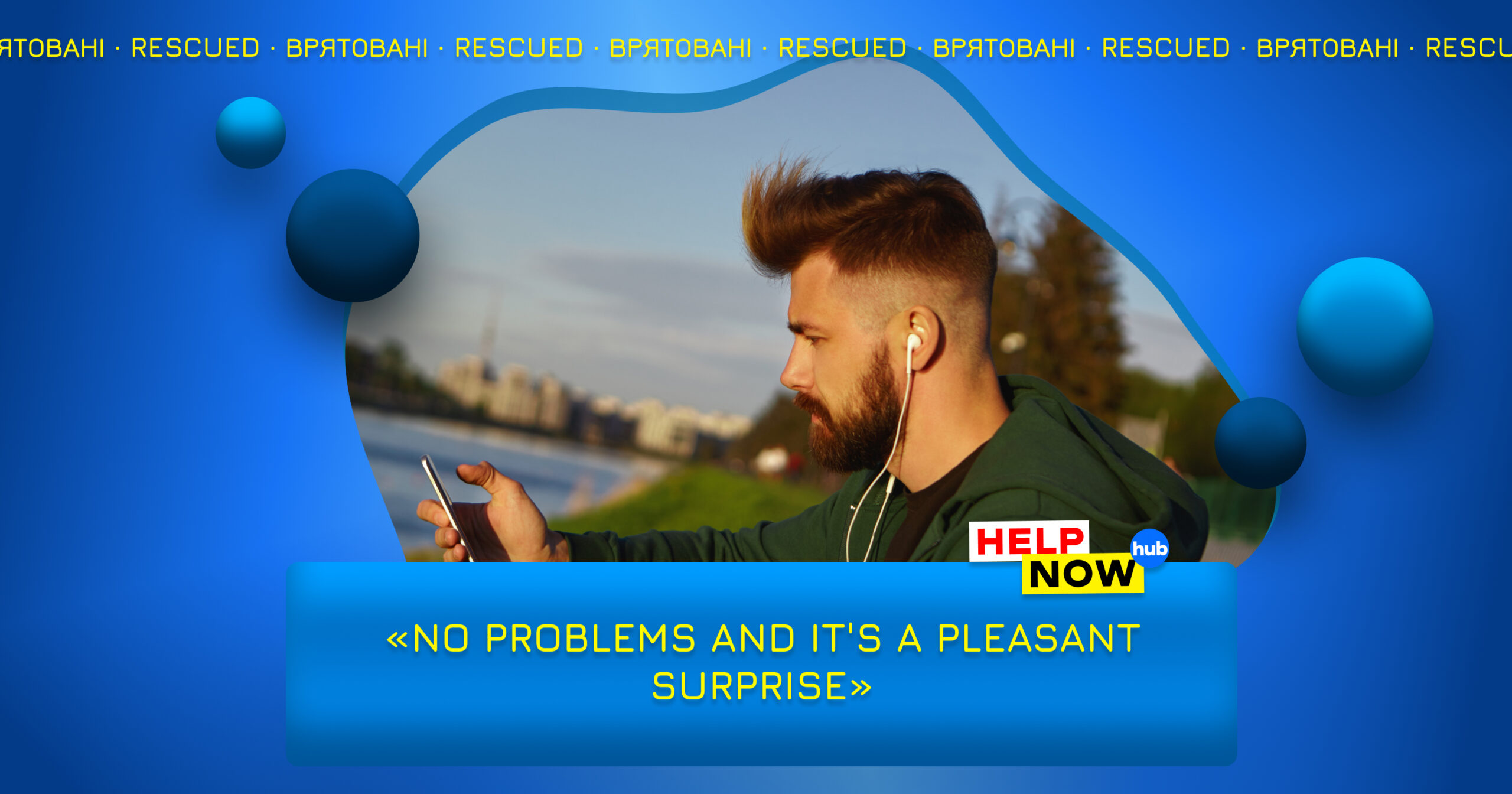Dear friends and partners,
Over 25,000 services have been provided to Ukrainian refugees in more than 40 countries over the year and a half of HelpNowHUB’s existence.
Today we want to share important information related to the further work of the HelpNow Hub in response to the situation related to access to therapy and support for Ukrainian key population refugees both inside and outside the country.
We summed up the results and came to the conclusion that since the beginning of the war, HelpNow Hub has fulfilled its main mission and, having reacted immediately, acted as a link between internally displaced Ukrainians inside and outside the country and medical centers in the host countries, providing prompt life-saving assistance those who find themselves in such difficult conditions.
Since July of this year, the German Hub (HelpNowDE) has stopped its activities. The entire flow of requests from representatives of Ukrainian refugees from key groups in this country has been redirected to HelpNow Service. Realizing the importance and relevance of its work, it continues to function since August on a volunteer basis to provide timely assistance to our compatriots located in all corners of the world. Reminder of communication channels:
– On Telegram https://t.me/helpnowbot or in your browser at https://web.telegram.org/ @helpnowbot
– E-mail: helpnowua@gmail.com
– Google form: https://bit.ly/3K9Tm4W
– Instagram: https://www.instagram.com/aph.org.ua/
– Facebook: https://www.facebook.com/SoSprojectEECA
The Polish Hub (HelpNowPL) continues its work and accepts requests as usual.
Thank you for your solidarity and valuable support to the HelpNow project. We are confident that your hard work and dedication will help us overcome the difficulties we have encountered on the way to our common goals.
If you have any questions or need additional information regarding these changes or the work of the HelpNow project in general, please do not hesitate to contact us. We are always in touch through any of the above Service channels.
With respect and appreciation,
HelpNow Hub Team

